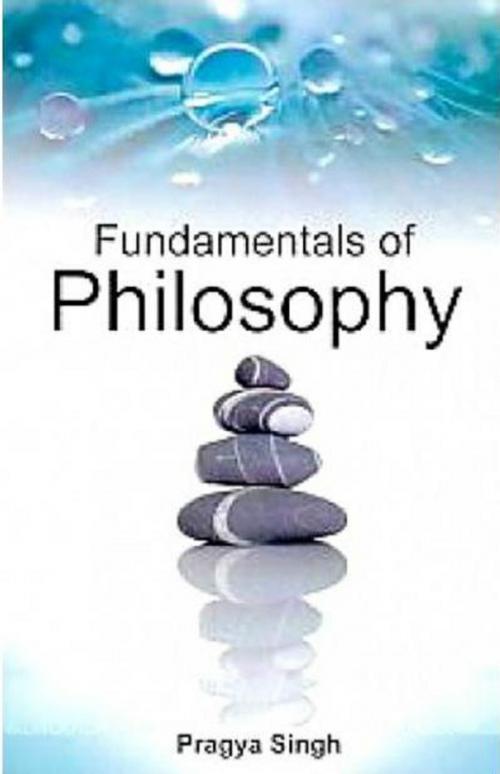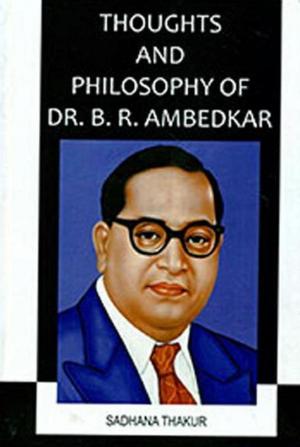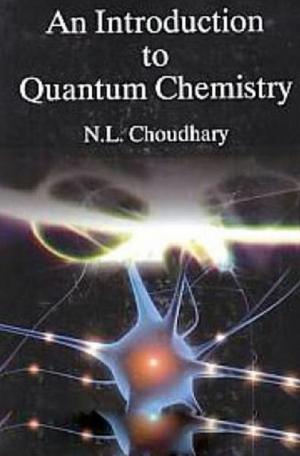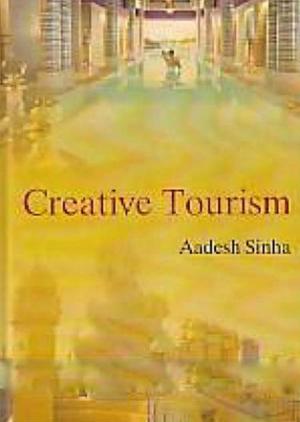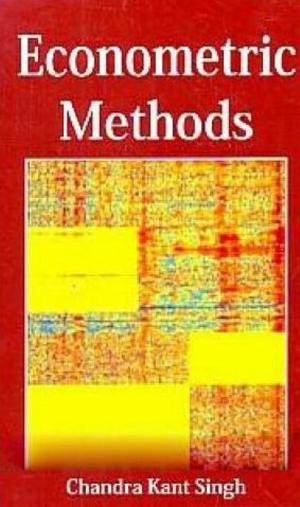| Author: | Pragya Singh | ISBN: | 9789387846937 |
| Publisher: | Anmol Publications PVT. LTD. | Publication: | June 30, 2014 |
| Imprint: | Anmol Publications PVT. LTD. | Language: | English |
| Author: | Pragya Singh |
| ISBN: | 9789387846937 |
| Publisher: | Anmol Publications PVT. LTD. |
| Publication: | June 30, 2014 |
| Imprint: | Anmol Publications PVT. LTD. |
| Language: | English |
Philosophy of History should not be confused with the History of Philosophy, which is the study of the development of philosophical ideas through time. However, philosophy of history necessarily enquires about history of philosophy, since it is the history of its own thought. Originally the term "philosophy" was applied to all intellectual endeavours. Aristotle studied what would now be called biology, meteorology, physics, and cosmology, alongside his metaphysics and ethics. Even in the eighteenth century physics and chemistry were still classified as "natural philosophy", that is, the philosophical study of nature. Today these latter subjects are popularly referred to as sciences, and as separate from philosophy. But the distinction is not clear; some philosophers still contend that science retains an unbroken--and unbreakable--link to philosophy. This book contains the fundamental and basic information of subject and legible book will provide key text to all students alike.
Philosophy of History should not be confused with the History of Philosophy, which is the study of the development of philosophical ideas through time. However, philosophy of history necessarily enquires about history of philosophy, since it is the history of its own thought. Originally the term "philosophy" was applied to all intellectual endeavours. Aristotle studied what would now be called biology, meteorology, physics, and cosmology, alongside his metaphysics and ethics. Even in the eighteenth century physics and chemistry were still classified as "natural philosophy", that is, the philosophical study of nature. Today these latter subjects are popularly referred to as sciences, and as separate from philosophy. But the distinction is not clear; some philosophers still contend that science retains an unbroken--and unbreakable--link to philosophy. This book contains the fundamental and basic information of subject and legible book will provide key text to all students alike.
